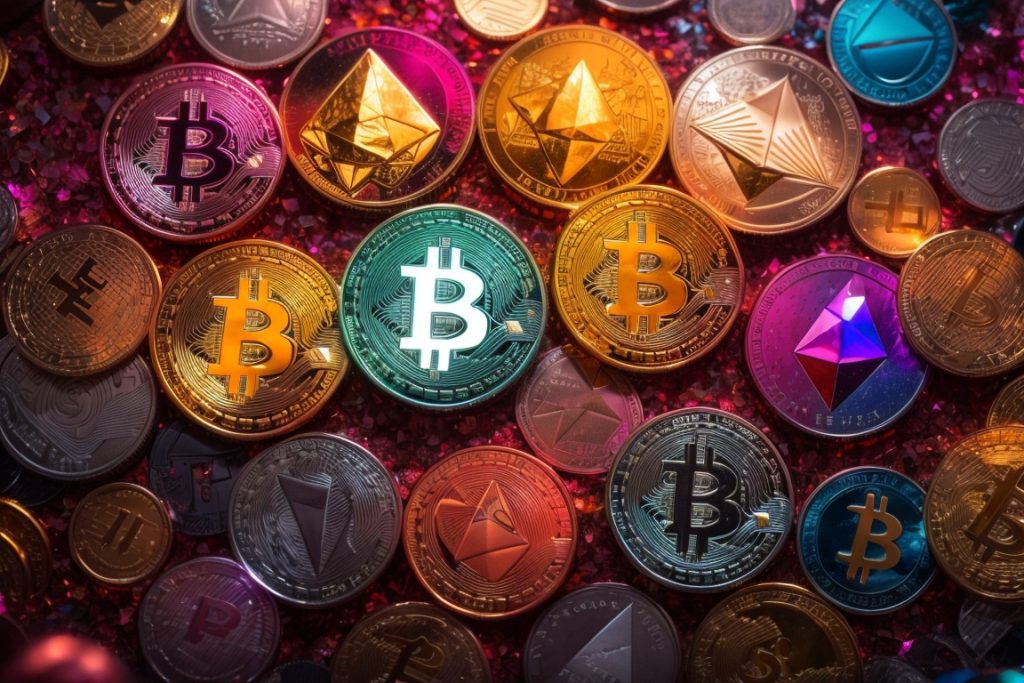
The Future of Money? An Introduction to Cryptocurrencies
What if I told you there’s a new form of money that lives online, allows you to send payments instantly with very low fees, and doesn’t rely on banks or governments? It likely sounds too good to be true, but that’s the basic premise behind cryptocurrencies.
In this post, I’ll explain how this digital money works, why it appeals to many people, and some key terms you’ll come across if you decide to explore the world of crypto further. Get ready to level up your money knowledge!
So What Are Cryptocurrencies?
Cryptocurrencies (or crypto for short) are digital assets and payment systems that use cryptography and blockchain technology to secure transactions, control the creation of additional currency units, and verify transfers of the digital tokens.
The most popular cryptocurrency is Bitcoin, which a mysterious figure named Satoshi Nakamoto created back in 2009. But nowadays there are over 10,000 different cryptocurrencies out there, with interesting names like Ethereum, Avalanche, Cardano, Polkadot, and MoonRiver (yes, really)!
So why have cryptocurrencies become such a big deal recently? Well for starters, their prices skyrocketed in 2020 and 2021. In 2017 one Bitcoin was worth around $1,000. At its peak in 2021 it hit over $60,000! That’s a 60x increase in value in just 4 years. People were understandably getting excited about the possibility this new internet money could make them very rich.
The Technology Behind Crypto
Unlike traditional money which governments print and control, cryptocurrency runs on technology called blockchain. You can think of a blockchain as a type of database or ledger that securely records every transaction made with a cryptocurrency. This database isn’t stored in one central location though, it’s distributed across countless computers around the world.
This has a few big benefits:
1) Decentralization – No single institution like a bank controls it
2) Transparency – Anyone can monitor crypto transactions in real-time
3) Security – The blockchain is very difficult for hackers to manipulate
Because of these core principles, proponents of crypto believe it has the potential to challenge traditional finance and allow more open, global access to financial services. Rather than requiring a bank account with a financial institution, anyone can create a crypto wallet and start sending, receiving, even earning cryptocurrencies directly. There are even ways to earn interest on your crypto through staking and other methods.
But It’s Not All Sunshine and Rainbows…
Crypto still has some big challenges to overcome before going fully mainstream. Prices have been notoriously volatile, swinging up and down wildly, making it risky to invest money you can’t afford to lose at this stage.
Scams also continue to plague the industry too unfortunately. From fake crypto projects to wallet hacking schemes, investors constantly have to be vigilant. And if you happen to lose your wallet password or send crypto to the wrong wallet address, it can be impossible to get your money back since cryptocurrency transfers are basically irreversible.
Key Terms to Know
- Blockchain – the technology that securely records crypto transactions
- Wallet – a secure place to store your cryptocurrency holdings
- Bitcoin – 1st and largest cryptocurrency in terms of value and usage
- Ethereum – 2nd largest crypto focused more on smart contract functionality
- Altcoins – any cryptocurrencies other than Bitcoin
- Web3 – vision for a new decentralized internet underpinned by crypto networks
- FUD – fear, uncertainty & doubt. Don’t let it stop you from learning!
The Takeaway
While the long term viability of cryptocurrencies is still uncertain, they introduce some potentially transformative ideas around how we use, control and transfer digital money. I hope after reading this post you now have a basic grasp of what crypto is and aren’t as intimidated by some of the terminology surrounding it. Will crypto fully revolutionize finance in the coming decades? Or is it just hype that will eventually flame out? I don’t have the definitive answer. But my advice is to keep an open and curious mind as cryptocurrencies continue maturing. Because like it or not, I really do think they represent the future of money.